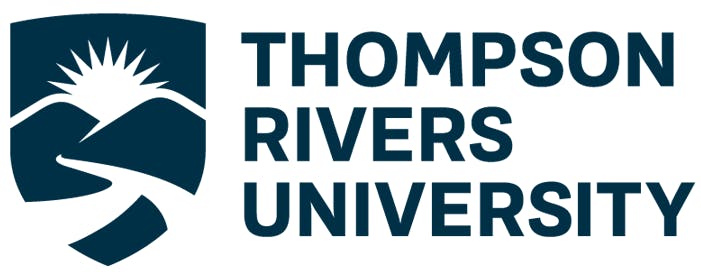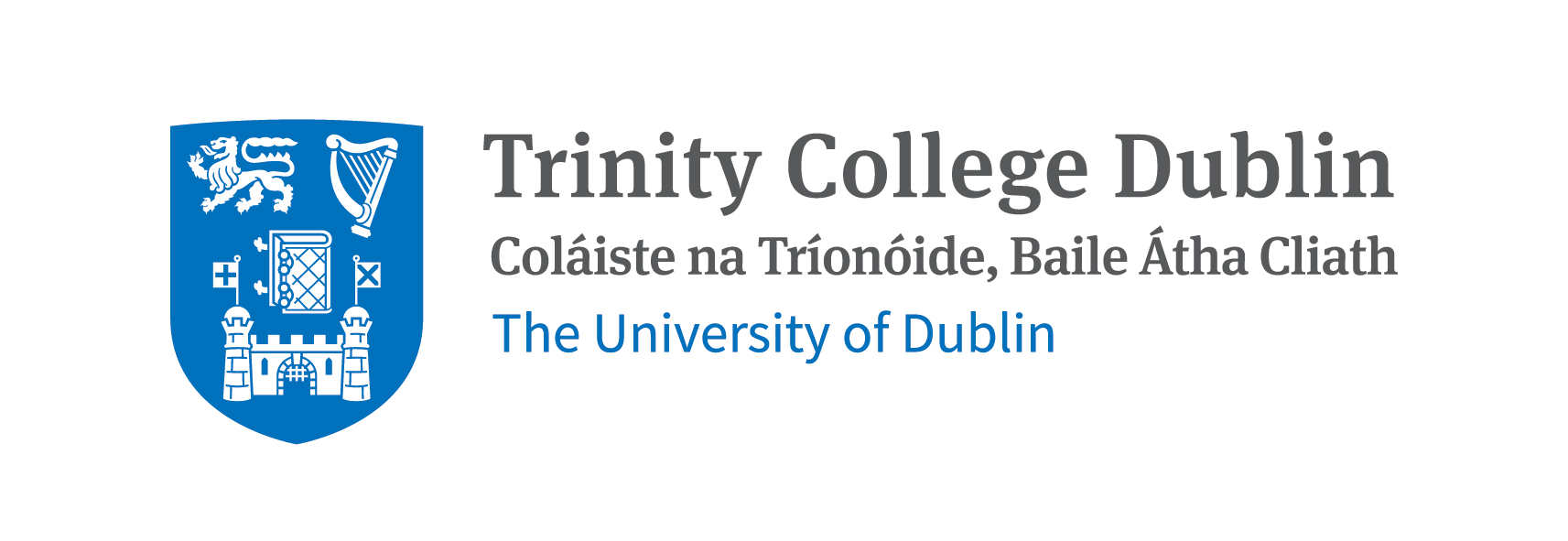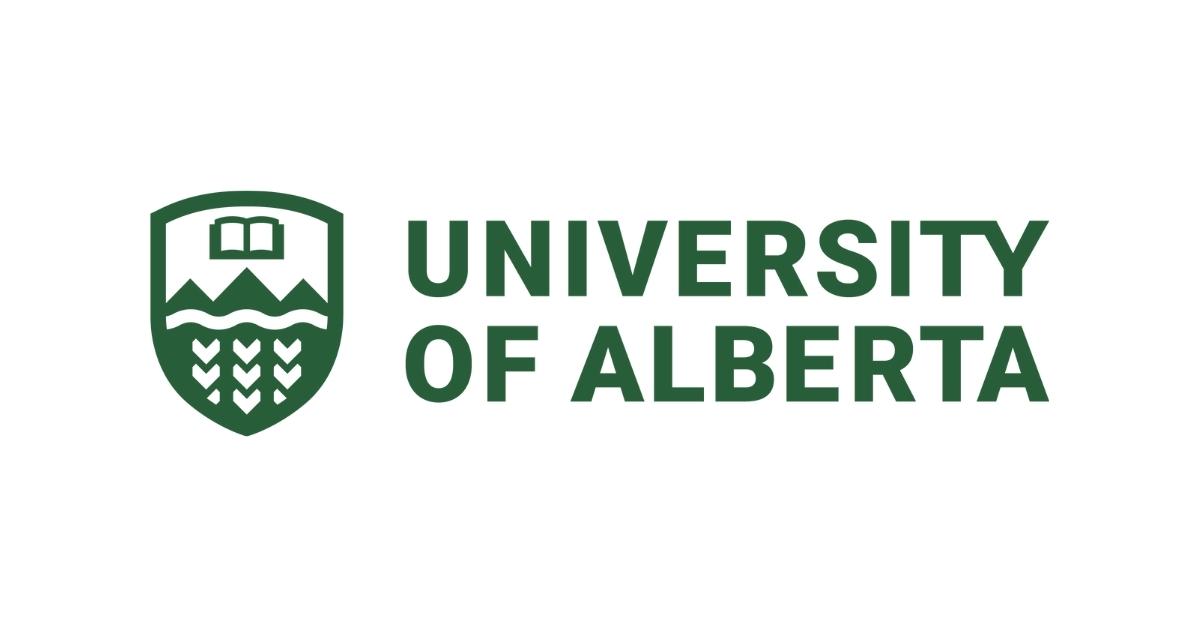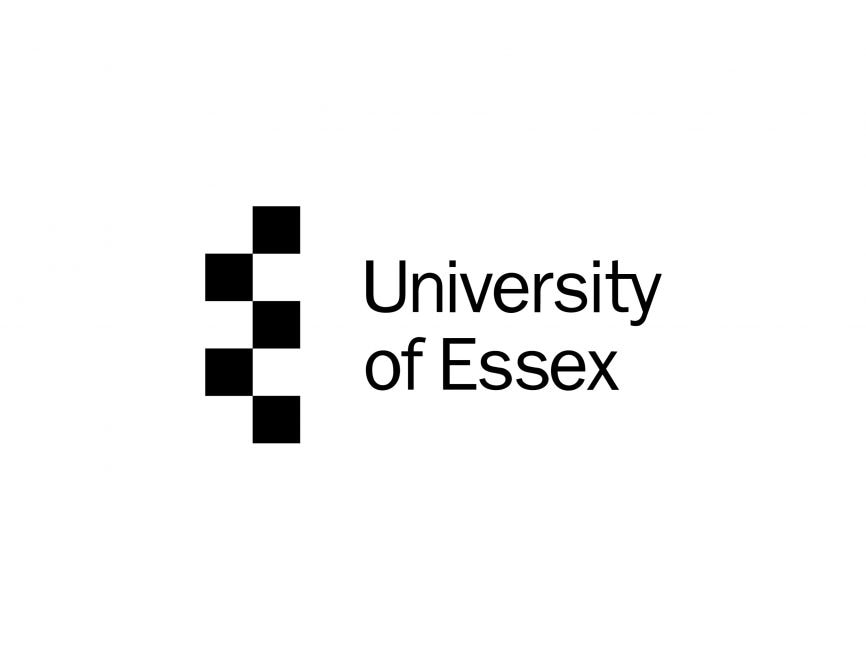Computer Engineering: Your Gateway to a Thriving Tech Career Abroad
Are you an Indian student passionate about technology, innovation, and problem-solving? Pursuing a degree in Computer Engineering abroad could be your ticket to a world-class education and endless opportunities in the global tech industry. Computer Engineering blends hardware and software engineering, preparing you to design, develop, and optimize computer systems that power our digital world. From smartphones to supercomputers, this field is at the heart of modern innovation.
For Indian students, studying Computer Engineering overseas offers exposure to cutting-edge research, diverse cultures, and high-paying jobs. Countries like the USA, UK, Canada, and Australia are top destinations, boasting top-ranked universities and strong industry ties. Whether you're aiming for a Bachelor's, Master's, or PhD, this guide will walk you through everything you need to know to embark on this exciting journey.
Why Choose Computer Engineering?
Computer Engineering is a dynamic field that combines electrical engineering principles with computer science. It's ideal if you love coding, building circuits, or creating AI-driven solutions. The global demand for skilled engineers is skyrocketing, with the tech sector projected to grow by 15% annually through 2030, according to industry reports.
- Versatility: Work in software development, cybersecurity, robotics, or embedded systems.
- Innovation: Contribute to breakthroughs in AI, IoT, and cloud computing.
- High Earning Potential: Entry-level salaries abroad often start at $70,000–$100,000 USD annually.
- Global Impact: Indian engineers like Sundar Pichai (Google CEO) showcase the field's potential for success.
As an Indian student, you'll benefit from scholarships tailored for international talent and pathways to permanent residency in tech hubs like Silicon Valley or Toronto.
Course Structure and Duration
Computer Engineering programs abroad are structured to provide a strong foundation in core concepts while allowing specialization in emerging areas. Most Bachelor's degrees take 3–4 years, Master's 1–2 years, and PhDs 3–5 years.
| Degree Level | Duration | Key Focus Areas | Typical Credits |
|---|---|---|---|
| Bachelor's (BEng/BSc) | 3–4 years | Programming, Digital Logic, Data Structures, Networks | 120–180 |
| Master's (MEng/MSc) | 1–2 years | Advanced Algorithms, VLSI Design, Machine Learning, Thesis | 30–60 |
| PhD | 3–5 years | Research in AI, Cybersecurity, Quantum Computing | N/A (Research-based) |
Curriculum often includes hands-on projects, internships, and industry collaborations. For instance, in the USA, programs emphasize practical labs, while UK courses focus on theoretical depth with real-world applications.
Top Destinations for Indian Students
India sends thousands of students abroad annually for engineering. Here's a breakdown of popular countries offering Computer Engineering:
- USA: Home to MIT, Stanford, and Carnegie Mellon. Known for innovation and startup culture. Visa: F-1. Post-study work: OPT (up to 3 years for STEM).
- UK: Universities like Imperial College London and University of Edinburgh. Shorter programs (3 years Bachelor's). Visa: Tier 4. Post-study: Graduate Route (2 years).
- Canada: University of Toronto and Waterloo offer co-op programs. Affordable tuition and welcoming immigration policies. Visa: Study Permit. Post-study: PGWP (up to 3 years).
- Australia: University of Melbourne and UNSW. Strong focus on research. Visa: Subclass 500. Post-study: Temporary Graduate Visa (2–4 years).
- Germany: TU Munich (tuition-free for internationals). Emphasis on engineering excellence. Visa: Student Visa. Post-study: 18-month job search.
These countries provide a supportive environment for Indian students, with large Indian diaspora communities, halal food options, and cultural festivals.
Eligibility and Admission Requirements
As an Indian student, you'll need to meet academic and language criteria. Requirements vary by country and university.
- Academic Qualifications:
- Bachelor's: 10+2 with Physics, Chemistry, Math (PCM); minimum 60–70% from CBSE/ICSE or equivalent.
- Master's: Bachelor's in Computer Engineering or related field; GPA 3.0/4.0 or 60%+.
- PhD: Master's with research experience; GRE often required for USA.
- Standardized Tests:
- SAT/ACT for Bachelor's (USA/Australia).
- GRE for Master's/PhD (most countries).
- IELTS (6.5+) or TOEFL (80+) for English proficiency.
- Documents Needed: Transcripts, SOP (Statement of Purpose), LORs (Letters of Recommendation), Resume, Passport.
- Visa Essentials: Proof of funds (e.g., CAD 20,000 for Canada), health insurance, and ties to India.
Start preparing 12–18 months in advance. Many universities offer conditional admissions if you're awaiting board results.
Curriculum Highlights
A typical Computer Engineering program covers foundational and advanced topics to build versatile skills.
Core Subjects
- Programming Fundamentals: C++, Java, Python for algorithm implementation.
- Computer Architecture: CPU design, memory systems, and parallel processing.
- Digital Systems: Logic gates, FPGA, and hardware description languages like Verilog.
- Software Engineering: Agile methodologies, testing, and project management.
Specializations
Choose electives based on your interests:
- Artificial Intelligence and Machine Learning: Neural networks, data mining—perfect for AI roles at companies like Google.
- Cybersecurity: Encryption, ethical hacking—vital in an era of rising cyber threats.
- Embedded Systems: IoT devices, robotics—ideal for hardware enthusiasts.
- Cloud Computing: AWS, Azure—prepares you for DevOps careers.
Programs often include capstone projects where you build real applications, such as a smart home system or a secure network simulator.
Career Opportunities and Salaries
Graduates in Computer Engineering are in high demand worldwide. In the USA, 90% of STEM graduates find jobs within 6 months. Indian students can leverage skills for roles like:
| Job Role | Key Skills | Average Starting Salary (USD) | Top Employers |
|---|---|---|---|
| Software Engineer | Coding, Algorithms | $85,000 | Microsoft, Amazon |
| Hardware Engineer | Circuit Design, Testing | $75,000 | Intel, NVIDIA |
| Systems Analyst | Networks, Database | $80,000 | IBM, Cisco |
| AI Specialist | Machine Learning, Data | $95,000 | Google, Tesla |
In Canada, salaries average CAD 70,000–90,000, with opportunities for H-1B visas in the USA or Express Entry in Canada. Back in India, alumni often join firms like Infosys or TCS at premium packages.
Scholarships and Financial Aid for Indian Students
Studying abroad can be affordable with the right funding. Indian students have access to merit-based and need-based options.
- University Scholarships: MIT's need-blind aid; University of Toronto's Lester B. Pearson Scholarship (full tuition).
- Government Schemes: India's Fulbright-Nehru for Master's; UK's Chevening Scholarships (full coverage).
- Private Funds: Inlaks Shivdasani Foundation (up to $100,000); GREAT Scholarships for UK (₹10 lakhs+).
- Loans: SBI Global Ed-Vantage or Prodigy Finance for internationals (low interest, no collateral).
Tuition ranges from $20,000 (Germany/Canada) to $50,000 (USA) per year, plus living costs of $10,000–15,000. Part-time work (20 hours/week) can help cover expenses.
Application Tips and Timeline
Navigating applications can be daunting, but a structured approach helps:
- Research Universities: Use QS Rankings; shortlist 5–8 based on your profile.
- Prepare Tests: Book IELTS/GRE 6–9 months early.
- Deadlines: Fall intake: Apply by January–March; Winter: September–November.
- Craft Your SOP: Highlight your passion for tech, projects (e.g., Arduino bots), and why abroad.
- Seek Guidance: Consult education counselors or platforms like our website for personalized advice.
Common pitfalls: Weak LORs or incomplete finances—double-check everything!
Life as an Indian Student Abroad
Beyond academics, studying Computer Engineering abroad enriches your life. Join Indian student associations for Diwali celebrations, explore internships via university career fairs, and network on LinkedIn. Challenges like homesickness are real, but support services and online communities make it manageable.
Ultimately, a degree in Computer Engineering from abroad equips you with skills to lead in the digital age. It's not just education—it's a launchpad for a global career. Ready to apply? Contact us for expert guidance tailored to Indian students.































